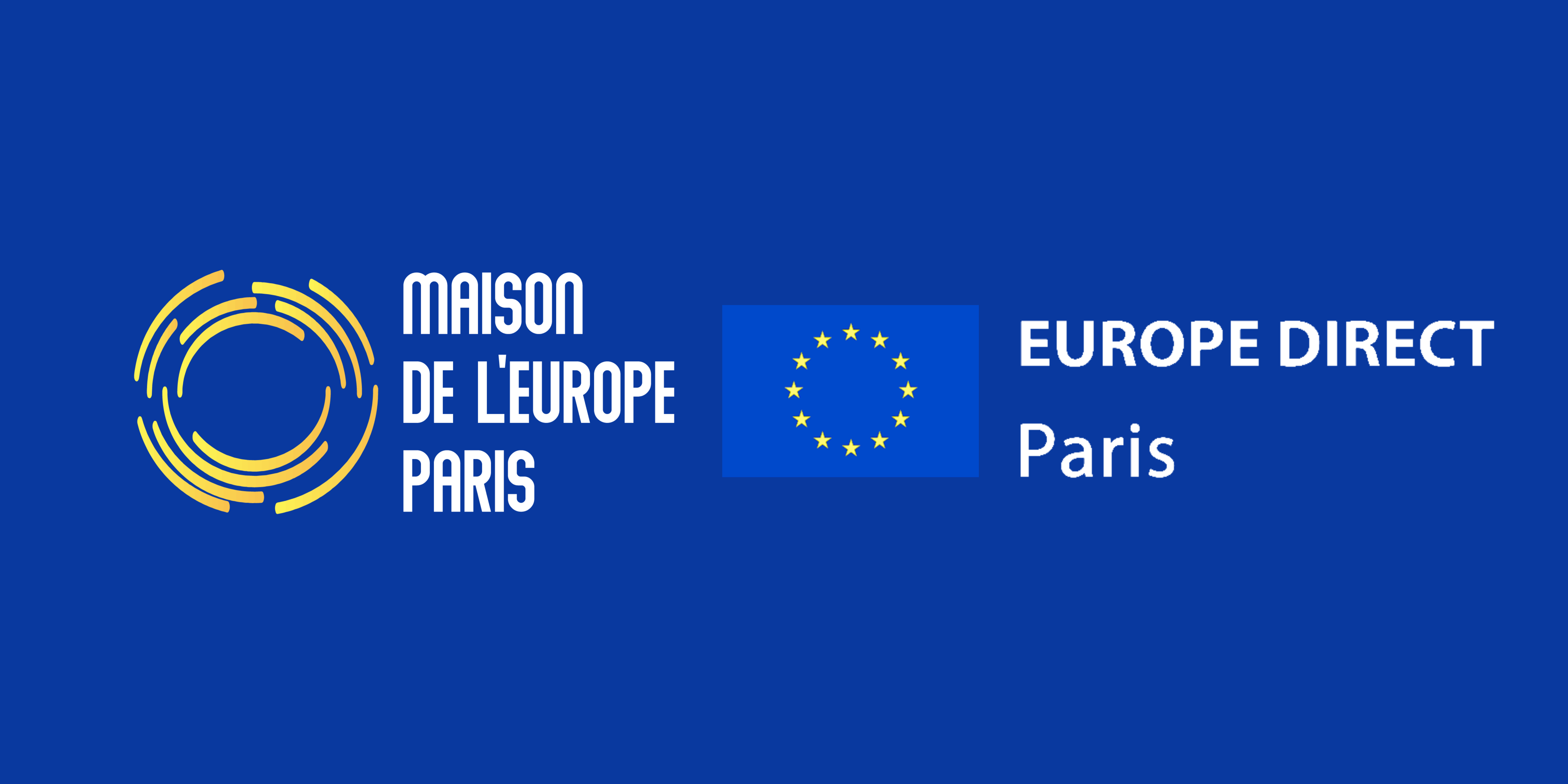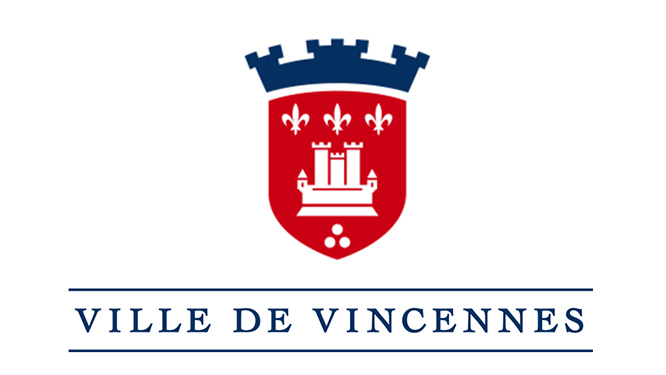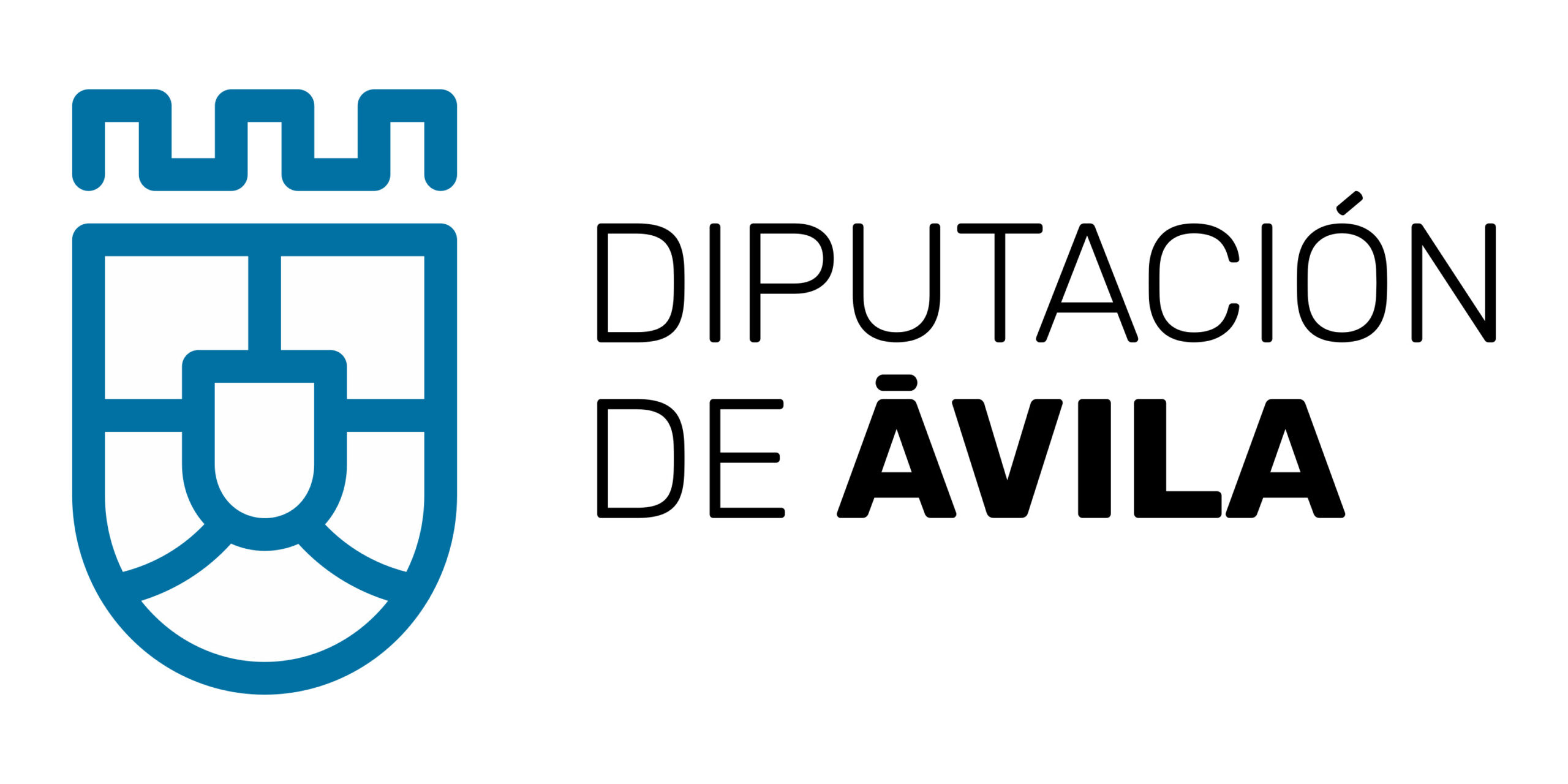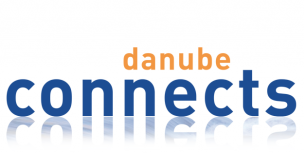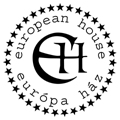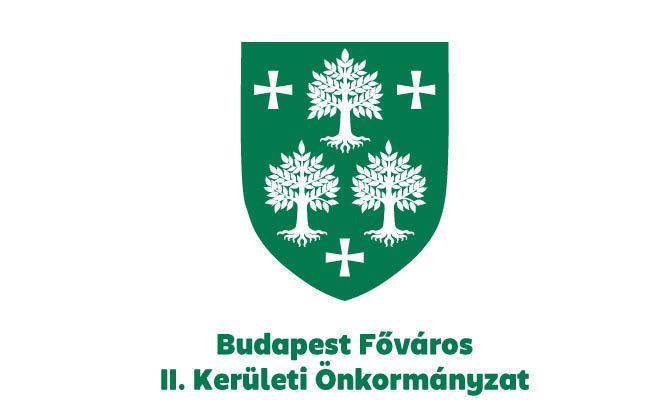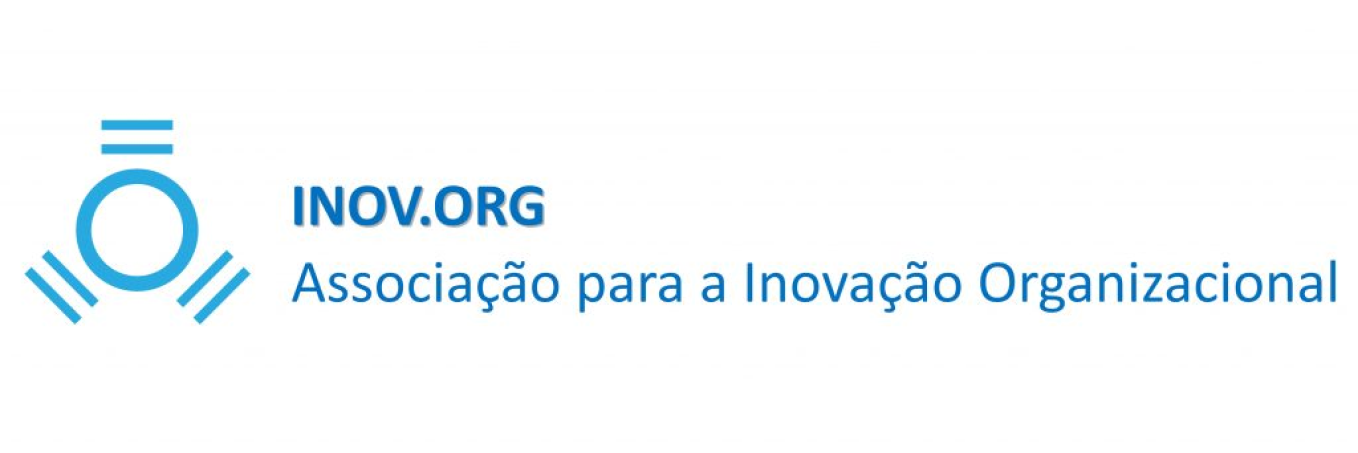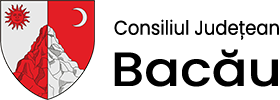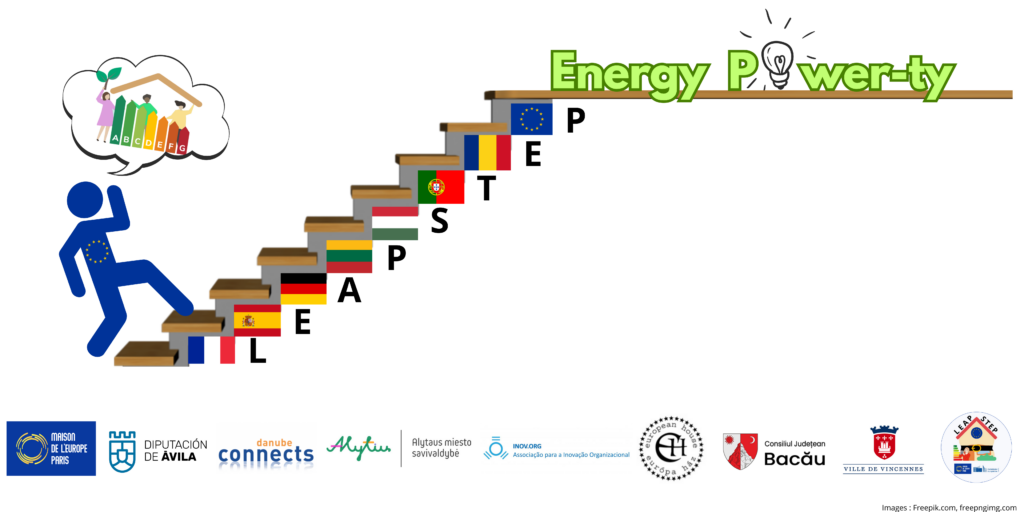
LEAP-STEP: Local and European action plan to support people in energy poverty
The LEAP-STEP project, led by the Maison de l’Europe de Paris (MdEP), aims to bring together 8 local partners (Maison de l’Europe de Paris – France, City of Vincennes – France, Agence de l’énergie de la province d’Avila – Espagne, Danube Connects, City of Ulm, DanCo – Germany, Alytus city – Lituanie, European House Budapest, Associação para a Inovação Organizacional – Portugal, Department Council of Bacau – Romania) from 7 different Member States (DE, ES, FR, HU, LT, PT, RO) working together on a European project. The aim of this project is to provide disadvantaged populations in the EU with the key elements to combat energy-related problems, raise their awareness of climate issues and thus reduce their household energy costs.
In the short term, once awareness has been raised, partners will be able to address households to provide effective solutions in the day-to-day fight against energy poverty. This network could also provide long-term solutions to mitigate the economic and social impact and promote social support. Energy poverty is not a fatality but requires discipline and effort that are sometimes difficult to accept. It can be mitigated with the right gestures.
The consortium aims to work with citizens of all ages and backgrounds, particularly those affected by energy poverty. The project will be deployed in 3 phases (from April 2024 to August 2025), following the steps:
- Phase 1: Eight conferences organised by partner cities involved, primarily targeting vulnerable populations (and the general public) to raise awareness of the objectives of the «European Green Deal» , the issue of energy poverty, European values and active citizenship. At the end of the meetings, the partners will make an initial assessment of the impact of Energy poverty.
- Phase 2: Meetings will be organised between the 8 partners to create synergies, exchange ideas and identify various citizen actions to address the issue of energy poverty, and to draw inspiration from best practices in making better use of energy in the home, as well as to prepare the content of the travelling exhibition.
- Phase 3: Following exchanges between the partners and the towns involved, each partner will oversee the design of 28 panels for the travelling exhibition (4 panels each) that will be organised in each of the cities involved.
Overall, all the proposed actions are designed to highlight various local citizen actions and solutions to combat energy poverty. The aim is to provide a local and original perspective. Each partner city will bring its own solutions and will propose four examples of energy management for a better life. Each will engage with its community to highlight the national differences that unite them. The exhibition will present the stories, experiences and commitments of each partner.
Project partners are:
The project is co-funded by the European Union

